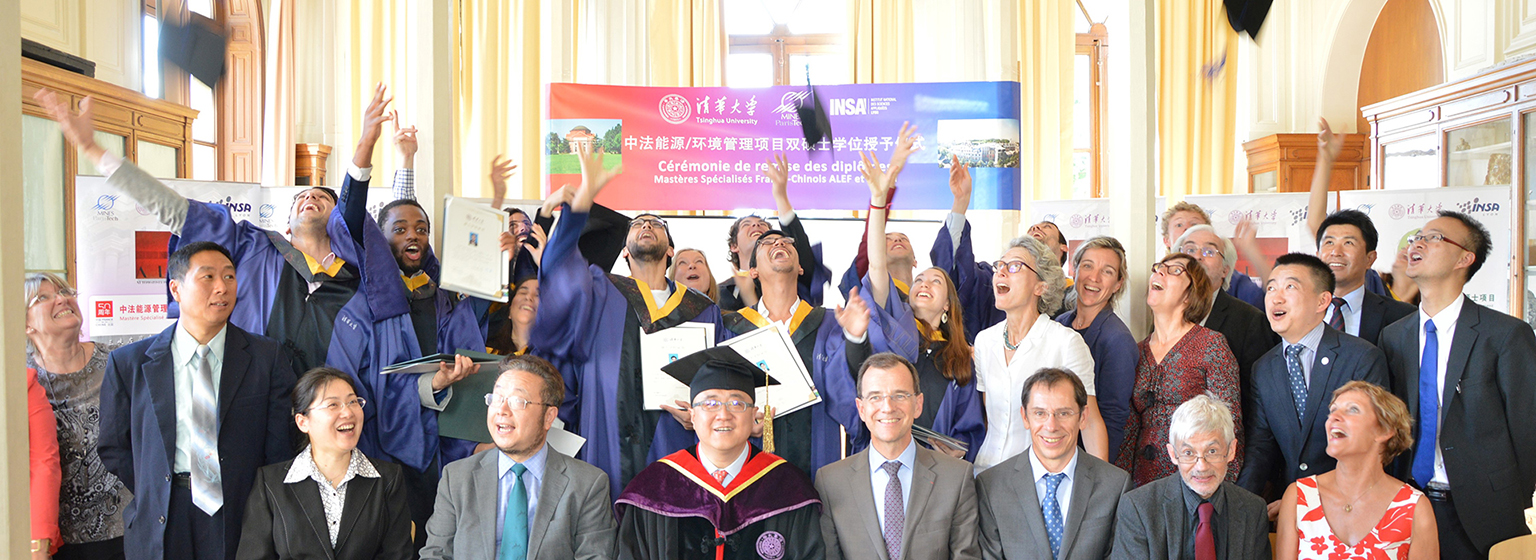1. Instruction Language: Chinese
2. Program Objectives and Orientation
In doctoral education for engineering students, School of Environment offers one first-level discipline—Environmental Science and Engineering, and two second-level disciplines—(1) Municipal Engineering and Radiation Protection; (2) Environmental Protection. Focusing on national needs and international academic frontiers, the doctoral education program aims to prepare high-level, innovative talents in environmental protection with international perspectives and a scientific spirit. Graduates should master solid, broad basic theories and systematic, in-depth specialized knowledge in the environmental field, be familiar with and understand the discipline's development process and academic trends, and acquire interdisciplinary knowledge. Graduates should be capable of conducting independent academic research, solving practical environmental problems, and making innovative achievements in their respective fields, with critical thinking, innovation abilities, practical abilities, strong teamwork spirit, and communication skills.
3. Degrees
1) Doctor of Environmental Science and Engineering
2) Doctor of Civil Engineering
3) Doctor of Nuclear Science and Technology
4. Duration of Study
3-4 years for general doctoral students; 4-5 years for direct-entry doctoral students and integrated master-doctoral students (including the master's stage).
Maximum study period: 6 years for general doctoral students; 7 years for direct-entry doctoral students and integrated master-doctoral students (including the master's stage).
5. Training Methods
1) The program implements a tutor-responsibility system, with the option to appoint associate tutors if necessary, and encourages tutors to form guidance groups for collective student guidance. When training doctoral students across disciplines or in interdisciplinary fields, associate tutors or guidance group members should be hired from relevant disciplines to assist in guidance.
2) Doctoral students should study relevant courses, consult literature, participate in academic exchanges, determine specific topics, independently conduct scientific research, and achieve creative results under the guidance of their tutors (guidance group).
6. Credit Requirements
1) For general doctoral students
During their doctoral studies, students are required to earn no less than 16 credits for degree courses, including no less than 4 credits for public compulsory courses, no less than 6 credits for professional courses (including no less than 4 credits for basic theory courses and no less than 2 credits for professional basic and professional courses), no less than 5 credits for compulsory sessions, and no less than 1 credit for academic and professional literacy courses. Credits for non-degree courses will be recorded separately.
2) For direct-entry doctoral students
During their doctoral studies, students are required to earn no less than 30 credits for degree courses, including no less than 5 credits for public compulsory courses, no less than 19 credits for professional courses (including no less than 4 credits for basic theory courses, no less than 15 credits for professional basic and professional courses, and no less than 2 credits for English-taught professional basic or professional courses), no less than 5 credits for compulsory sessions, and no less than 1 credit for academic and professional literacy courses. Credits for non-degree courses will be recorded separately.





